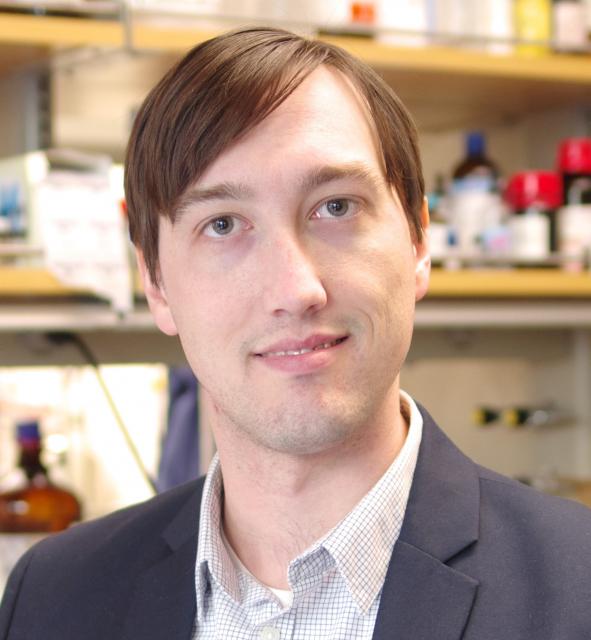Abstract: Nanoporous materials, such as MOFs, COFs, and discrete nanocages, are increasingly targeted as tunable supports for molecular electrocatalysts. The pores of these materials provide new opportunities for tuning catalytic activity but also raise challenging mechanistic questions since the confined pore environment must rearrange to accommodate the movement of charge during electrocatalytic processes. This talk will describe the development of porphyrin-walled nanocages as soluble model structures for examining how nanoconfined environments respond to redox changes. These cages exhibit rich redox-responsive host-guest chemistry that was used to probe proton-coupled and other cation-coupled redox processes in these structures, providing insights about how key steps of electrocatalytic transformations might be altered in nanoporous materials. The reactivity and catalytic activity of metal sites embedded in the walls of the cages will also be discussed, especially the CO2 reduction activity of easily synthesized cages developed by the Lipke group. Time permitting, the redox behavior, electronic structure, and physical properties of electronically delocalized cobalt complexes will be described, with a focus on how these complexes might be useful for developing self-assembled conductive materials.
Speaker:
Institution:
Location:

